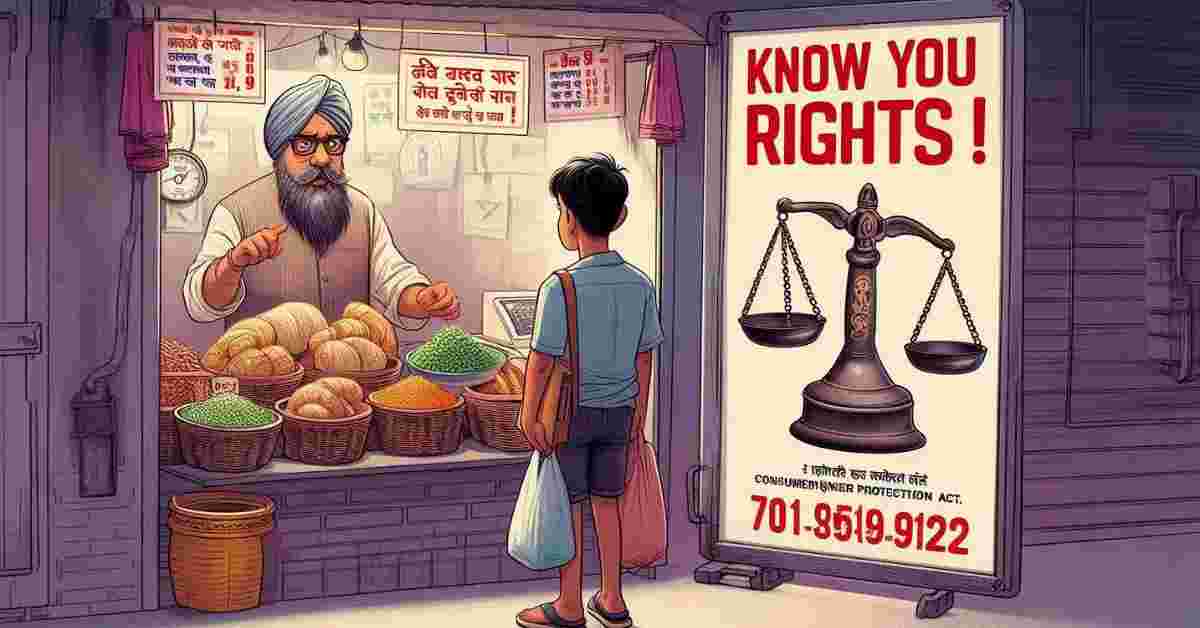What Is The Historical Significance Of The Consumer Movement In India?
Short Answer for The Historical Significance Of The Consumer Movement In India:
The consumer movement in India began when people got tired of being cheated – like being sold fake ghee or receiving less than 1 kg of rice despite paying full price. It gained strength during the 1980s with awareness drives. The major turning point came in 1986 with the passing of the Consumer Protection Act (COPRA), which legally empowered consumers and led to the formation of consumer courts to protect their rights.
Detailed Answer for The Historical Significance Of The Consumer Movement In India:
Okay, imagine this – you go to your local sabziwala to buy potatoes. He puts a small stone under the weight and says, “Bhaiya, sab mehngai ka zamana hai.” You’re annoyed, right?
Now think – what did people do about such cheating back in the day?
Nothing! They just quietly walked away, feeling helpless.
That’s where the consumer movement in India truly began – from frustration and helplessness.
In the 1960s and 70s, there were no proper laws or platforms to raise complaints. People were sold adulterated ghee, tampered products, and fake brands. If you complained, the seller would just shrug and say, “Take it or leave it.”
But eventually, people got fed up.
By the 1980s, some aware citizens started raising their voices. They organized public campaigns, wrote in newspapers, and started telling others, “The customer isn’t just king, the customer has rights too!”
Slogans like “Jago Grahak Jago” became popular, and slowly, people started waking up – literally and figuratively.
Then came the game changer: In 1986, the government passed the Consumer Protection Act (COPRA).
For the first time, the law clearly said: “If you’re a consumer and you’ve been cheated, you can take action.”
And that wasn’t just empty talk.
The government set up proper channels like:
- District Forum (for smaller issues)
- State Commission (for mid-level complaints)
- National Commission (for big cases)
This movement made companies and shopkeepers more accountable. Now if someone sends you fake products online, or sells you expired medicine, you can drag them to consumer court!
Thanks to this movement, companies now fear social media complaints, and even small kirana shopkeepers think twice before cheating a customer.
This is exactly why the consumer movement is so important – It gave power to the people.
So next time someone tells you, “Bhai, 1 kg packet mein 900 grams hi hota hai,”
Just smile and say, “Bro, I was born after 1986 – I’m a consumer, not a fool.”

